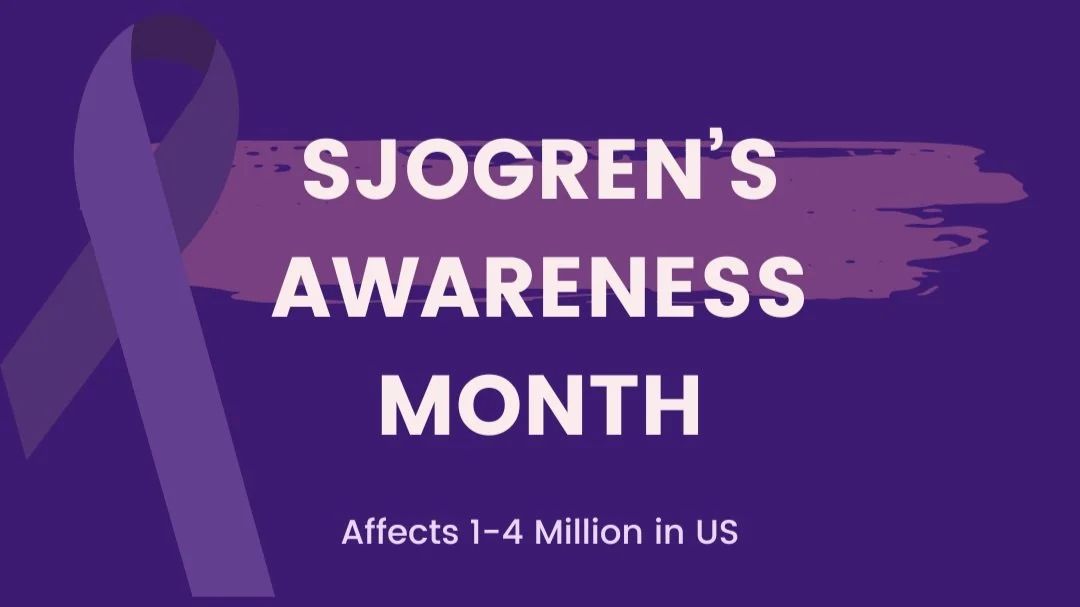Anti-glomerular basement membrane nephritis
Evidence: Antibody
Names
Anti-glomerular basement membrane disease
Anti-GBM disease
Goodpasture’s disease
Goodpasture’s syndrome
Description
Anti-glomerular basement membrane disease (anti-GBM disease) is a rare condition characterized by rapidly deteriorating kidney function and lung tissues. It stems from an autoimmune reaction, where the body's immune system erroneously targets and destroys healthy tissues. Individuals afflicted with this ailment produce antibodies that assail a protein known as collagen within the lung's small air sacs and the kidney's glomeruli, which are its filtering units. These antibodies, termed anti-glomerular basement membrane antibodies, can inflict harm upon the basement membrane, leading to kidney impairment. Occasionally, the onset of this disorder is precipitated by a viral respiratory infection or exposure to hydrocarbon solvents. In such instances, the immune system may misinterpret organs or tissues as foreign agents, prompting an attack. Consequently, this flawed immune response results in lung air sac bleeding and inflammation within the kidney's filtering units.
Patient Groups
Bloggers
We could not find any current blogs for this disease. If you have a blog with entries within the past year or know of a blog, please contact us.
Prevalence
US Cases: Under 320 [Lingaraj 2017]
Typical Age of onset
Anti-GBM Disease affects people who are between ages 20 and 30 and older than age 60.
Symptoms
Fatigue
Nausea
Vomiting
Weakness
Trouble breathing
Pale skin
Coughing up blood (hemoptysis)
Burning feeling when urinating
Blood in the urine (hematuria)
Protein in the urine (proteinuria)
References
Healthline
Medscape
Penn Medicine
UNC Kidney Center
WebMD
Profile by: Laavanya Pasupuleti
March 2024 Update by Lauren Young












